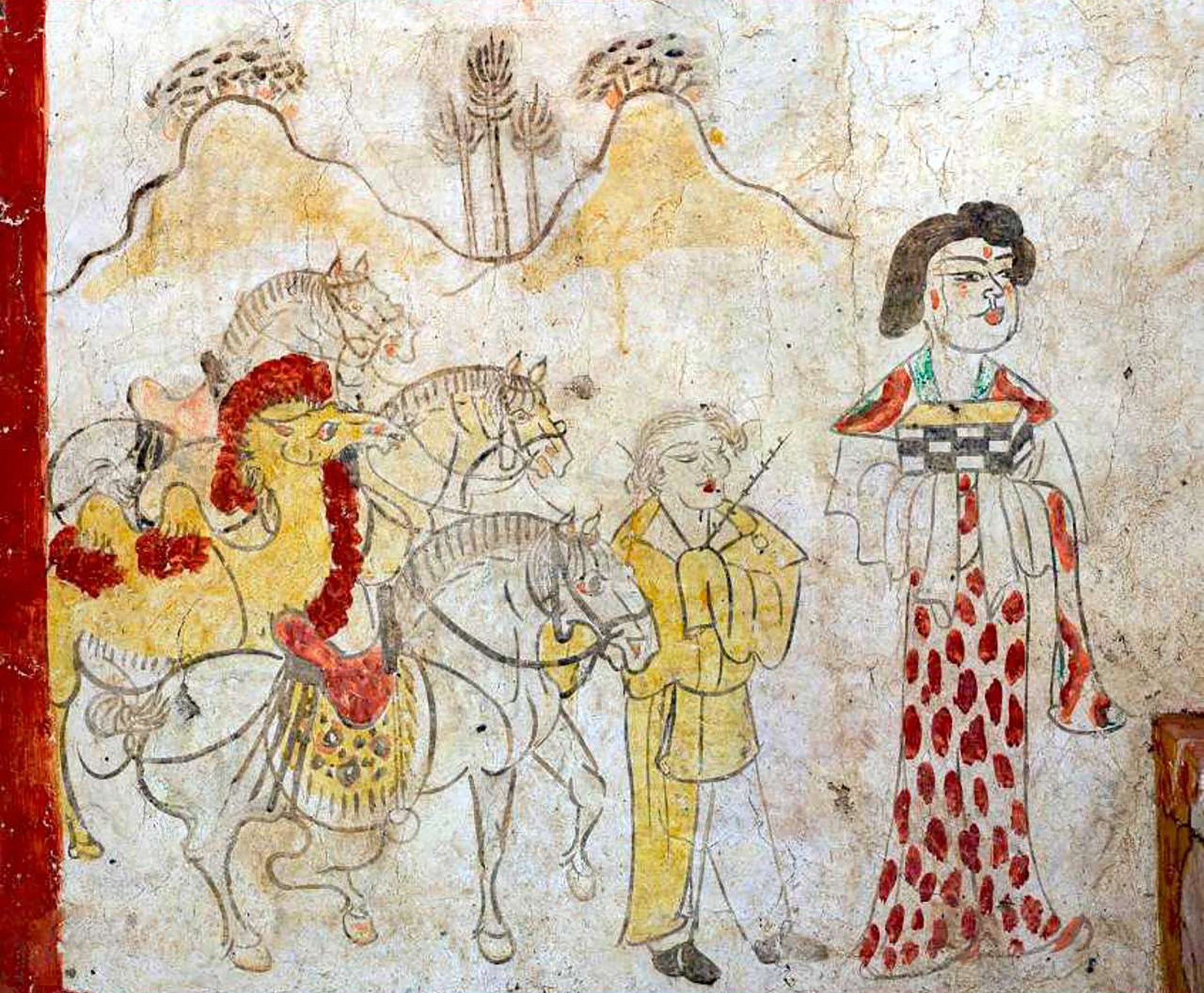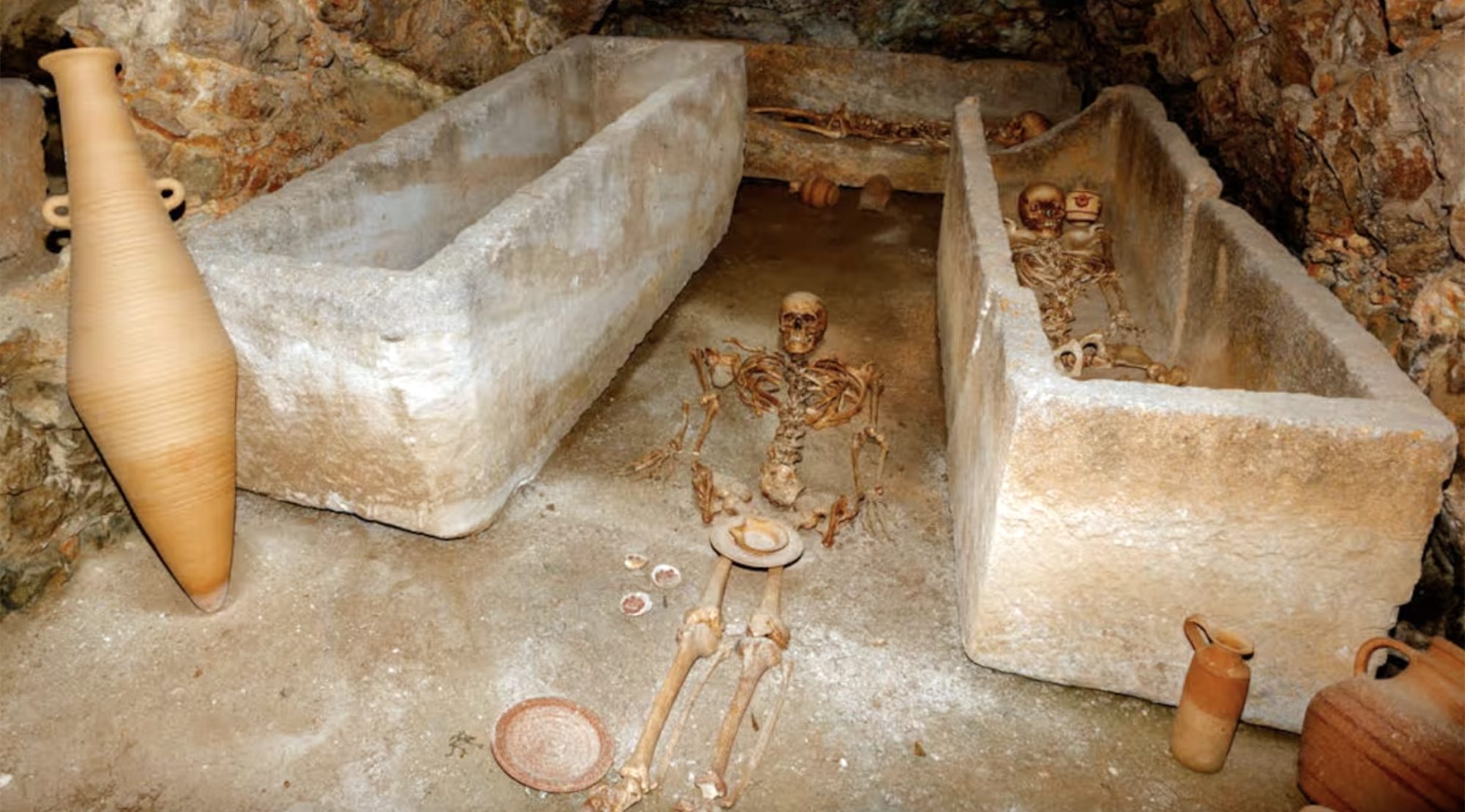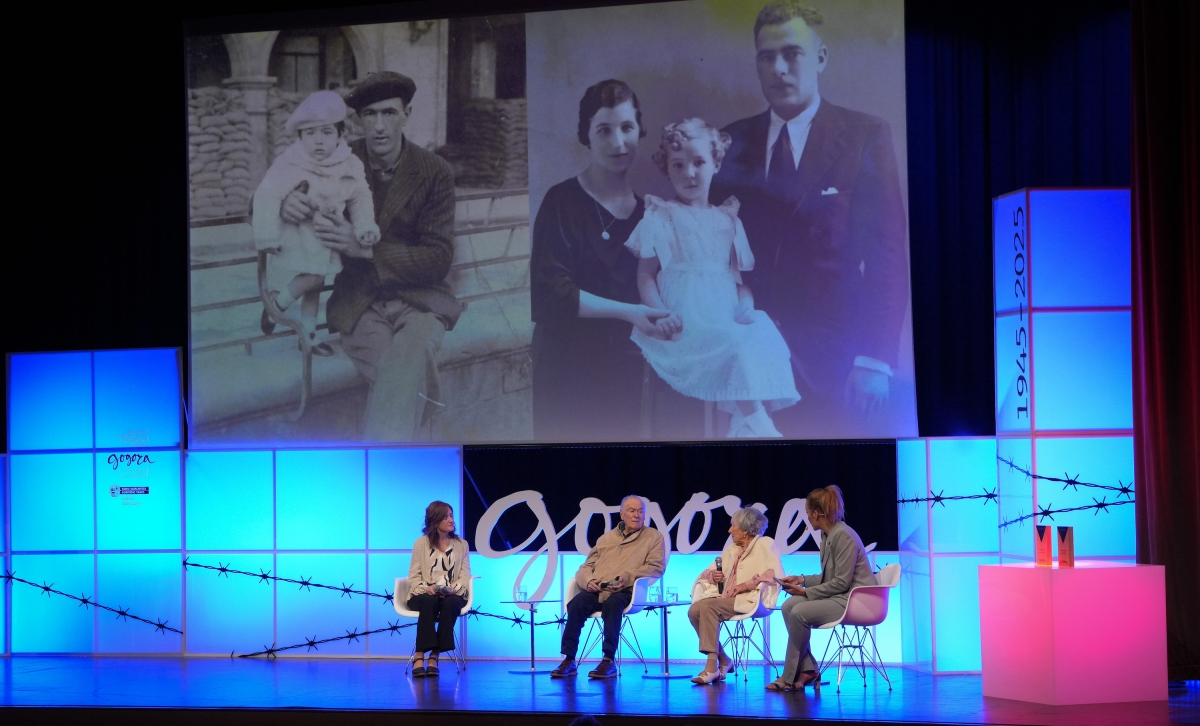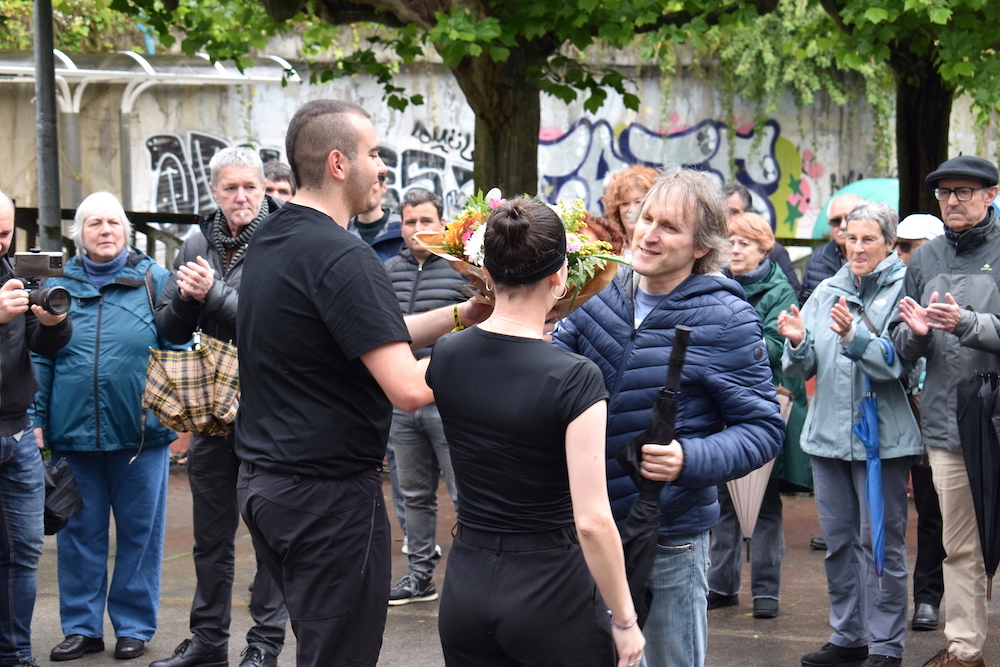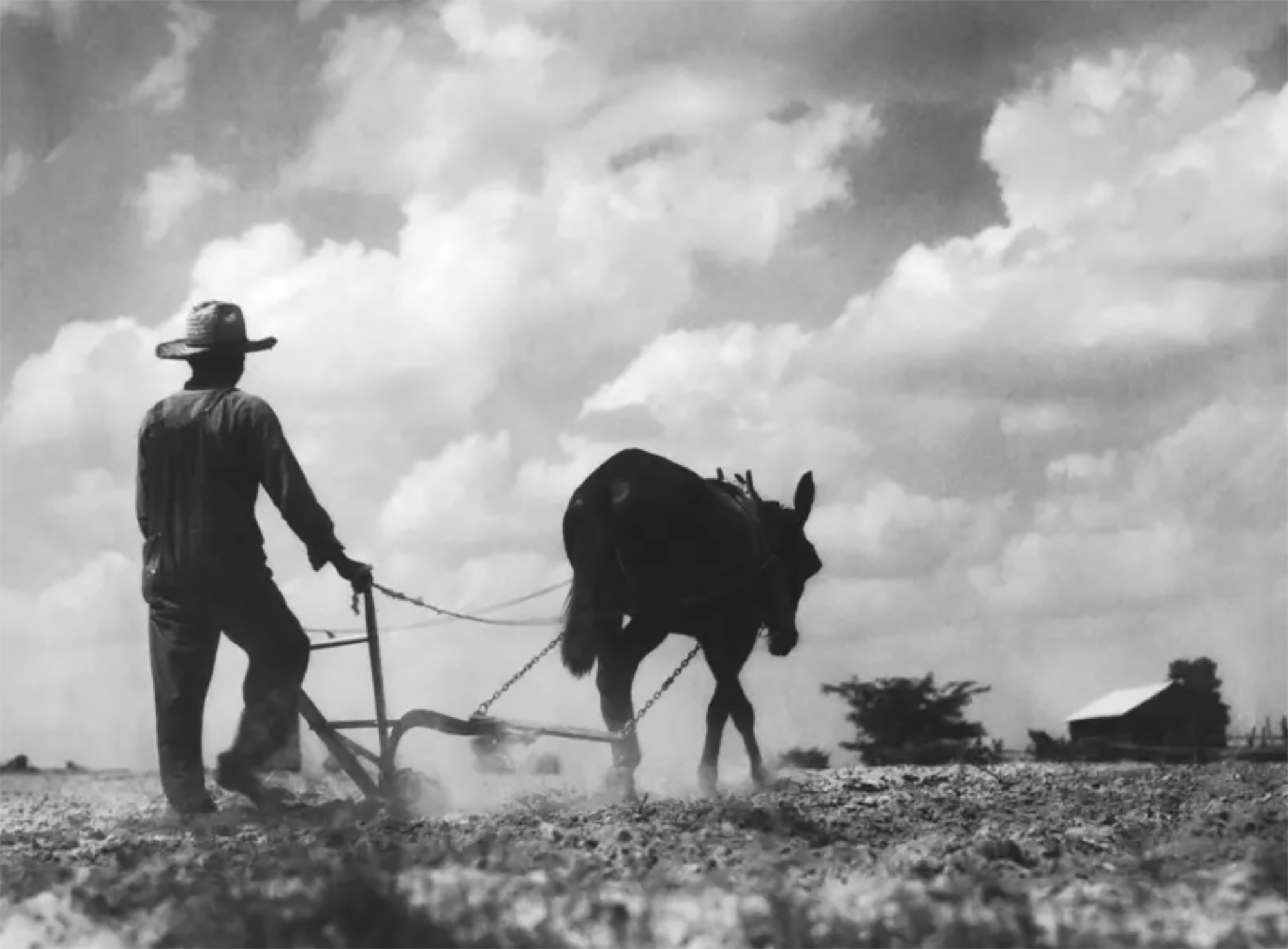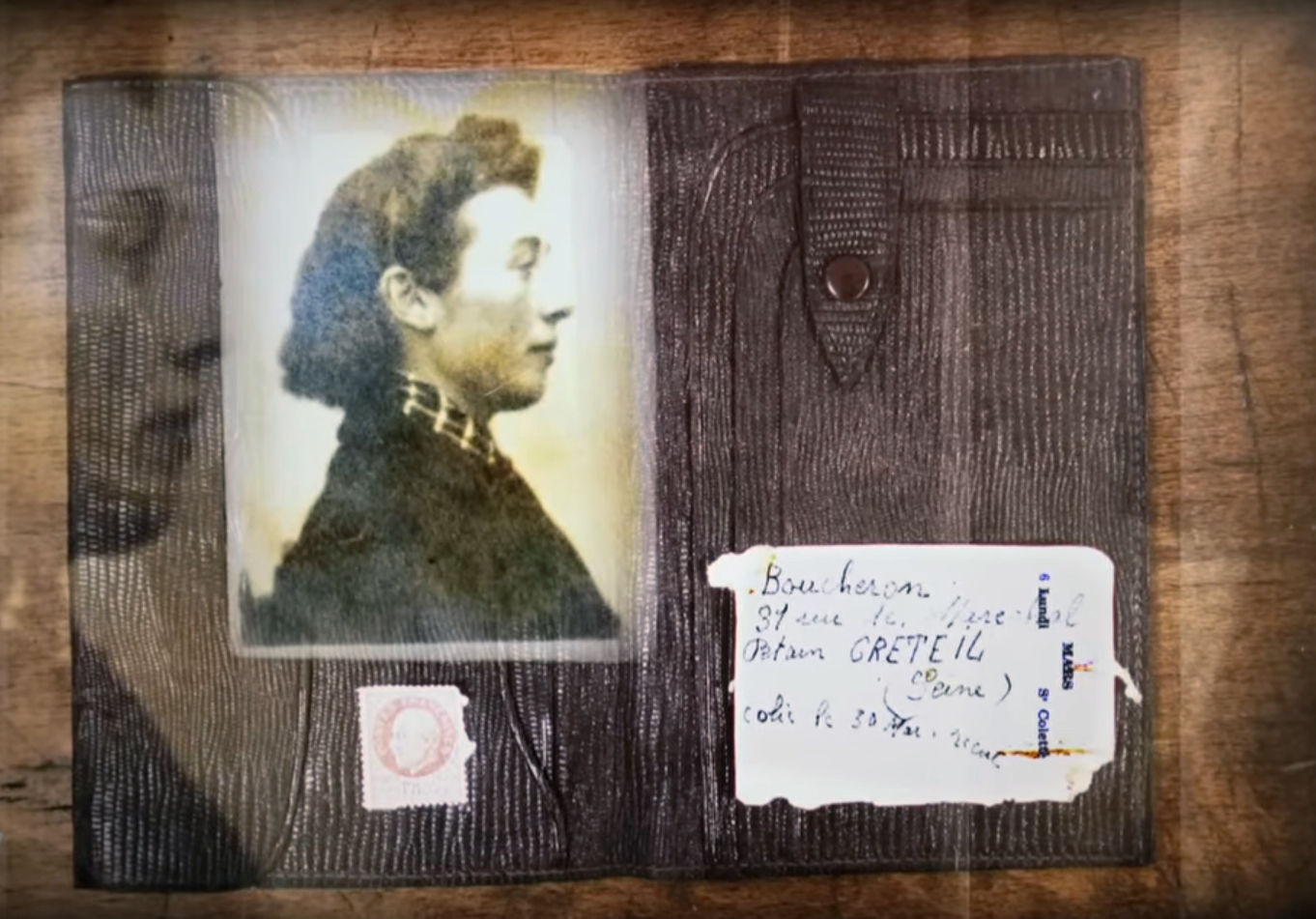Singing crib 'Dream' and selling women in history

You know how it goes, right? "Dream txuntxurrun green, dream bite...". It is undoubtedly the most famous crib song in Euskera, and also has Vitoria as its protagonist. After a brief study, I learned that Resurrection Mª de Azkue collected in 1922 three versions of the song in his Basque Popular Cancionero: One in Zegama, another in Abadiño, and the third in Abadiño, which, however, does not start giving the melody to the words "dream", but to the expression "oba obatxua". And then I realized that there is another version, that of Legutiano and that of Navarre, that of Álava, collected in 1974, which is the one that sings Gorka Knor. The issue is the same in all variants: the father goes to the market to sell his mother, his wife. And I'd like to focus on that, on how an amazing story is told in all versions or variants: someone -- surely a girl in the house who is orphaned by her sisters or young brothers -- tells how her father went to Vitoria to sell to her mother.
E.P. a few months ago I read the book Customs in Common by Thomson (Spanish version of the book Customs in Common, Capitan Swing, 2019). The work includes several researches and articles by this historian. The seventh chapter, entitled The Sale of Wives, deals with the customs of these sales in England. It is true that “wives” were sold. The author explains at the end of the chapter: the "sale of women", among the plain people of traditional English society, was a kind of ritual of official separation of the married couple, a form of divorce. Thus, the money put into trade was symbolic, and the money that bought his wife, usually a man that the woman liked, who often lived with her. There are also examples that could be the mother of a woman who brought the buyer to the market, and also those who put the money and bought herself. It's interesting to see E.P. How Thomson tries that women don't quickly become victims, and that behind that "selling women" women also have to say and decide.
The "sale of women", among the plain people of traditional English society, was a kind of ritual of official separation of the couple, a way of getting divorced
As soon as I read this chapter, it came to my mind "with my mother sending". Are we in front of Thompson's ritual? But I have not found any reference to Basque issues concerning the sale of women. We only know what the song says: surely a nanny, how she tells her little sister that her father has to sell to her mother. That Vitoria of history is a normal market place and a well-known reference, of course. Vitoria was the traditional shopping center of Euskal Herria. But do you take your mother in your hand and sell her there, like in England? Maybe yes.
But maybe not. Another explanation that comes to mind is that which leads us to place the Basque Country within the European information flow. The truth is that in France, as you know, they tend to have very poor views of the people of England. Well, they created a black legend at the expense of those handcuffs sales, they took hand papers, they made offensive images, etc. In France, the habit of selling English matrimonial property was given a bad name and became a topic for fighting English people.
My little theory is just a hypothesis. So I'd like to take this column to ask you, the readers, if you know anything about this topic ...
My proposal, therefore, is that this black legend that emerged in France may become known to someone from Euskal Herria and from there invent a song, a more effective song of sleep, more concretely. The baby of our anonymous author would have heard and thought about the song. "Well, I at least have my mother here next door. In comparison I'm pretty good," and he slept quietly. And the next night, maybe I'd ask him again, and after years of singing the same song at bedtime for his kids -- and that's how they do, generations go, generations come, popularize our songs.
However, my small theory is just one hypothesis. So I'd like to take this column to ask you, the readers, if you know anything about this topic ... Does anyone know another version of the dream song? Any data on the sale of women in Euskal Herria? If so, I would be grateful if you would bring it to us.
In the Chinese province of Shanxi, in a tomb of the Tang dynasty, paintings depicting scenes from the daily lives of the dead are found. In one of these scenes a blonde man appears. Looking at the color of the hair and the facial expression, archaeologists who have studied the... [+]
Carthage, from B.C. Around the 814. The Phoenicians founded a colony and the dominant civilization in the eastern Mediterranean spread to the west. Two and a half centuries later, with the decline of the Phoenician metropolis of Tyre, Carthage became independent and its... [+]
Salvador Puig Antich frankismoaren kontrako militantea izan zen. Askapen Mugimendu Iberikoko kidea, 1973ko irailaren 25ean atxilotu zuten. Gerra-kontseilua egin zioten, eta garrotez exekutatu zuten handik sei hilabetera, 1974ko martxoaren 2an. Aurtengo otsailean baliogabetu du... [+]
Rudolf Botha hizkuntzalari hegoafrikarrak hipotesi bat bota berri du Homo erectus-i buruz: espezieak ahozko komunikazio moduren bat garatu zuen duela milioi bat urte baino gehiago. Homo sapiens-a da, dakigunez, hitz egiteko gai den espezie bakarra eta, beraz, hortik... [+]
Böblingen, Holy Roman Empire, 12 May 1525. Georg Truchsess von Waldburg overthrew the Württemberg insurgent peasants. Three days later, on 15 May, Philip of Hesse and the Duke of Saxony joined forces to crush the Thuringian rebels in Frankenhausen, killing some 5,000 peasants... [+]
During the renovation of a sports field in the Simmering district of Vienna, a mass grave with 150 bodies was discovered in October 2024. They conclude that they were Roman legionnaires and A.D. They died around 100 years ago. Or rather, they were killed.
The bodies were buried... [+]
Washington, D.C., June 17, 1930. The U.S. Congress passed the Tariff Act. It is also known as the Smoot-Hawley Act because it was promoted by Senator Reed Smoot and Representative Willis Hawley.
The law raised import tax limits for about 900 products by 40% to 60% in order to... [+]








